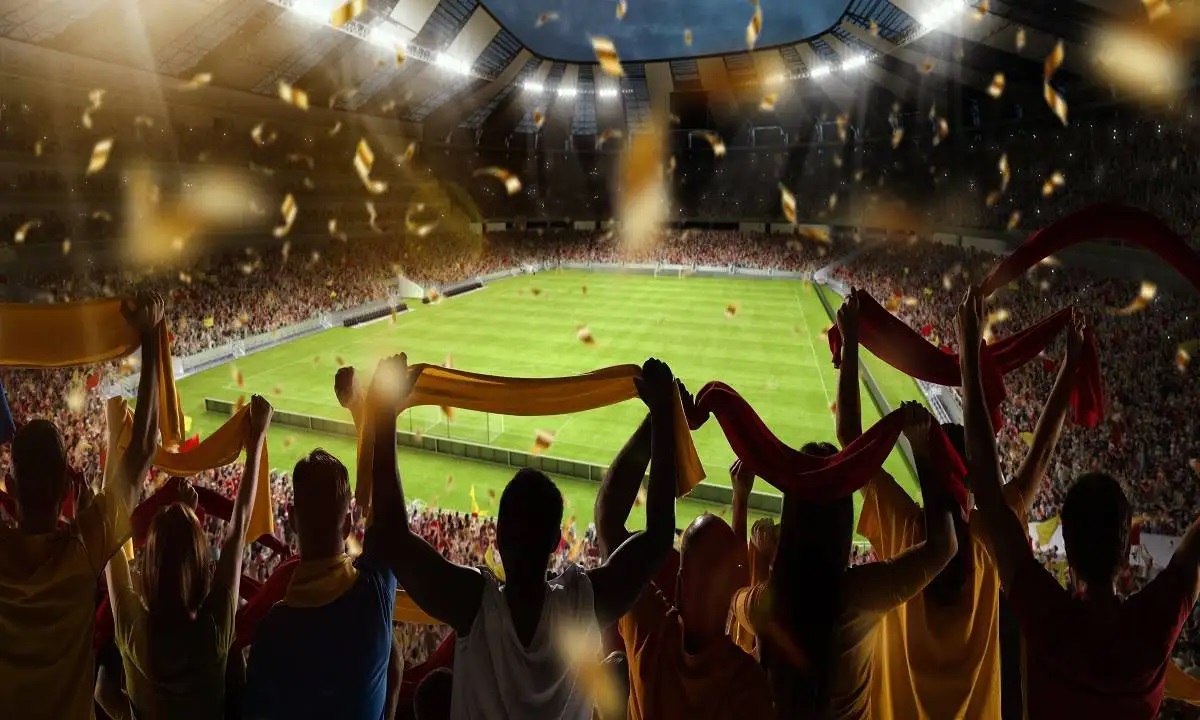In the fast-paced world of international soccer, teams are often faced with a variety of challenges that can have a significant impact on their performance. The German national team has been a team to be reckoned with. Like any other team that is a powerhouse, the German national football team also has its handicaps. This article explores the challenges the German football team faces. We examine the impact of injuries and tactical shifts as well as the changing landscape of international soccer.
The Evolution of Tactical Strategy:
The changing landscape of international soccer presents a unique challenge to the German national football team. Teams that do not adapt to the changing trends in playing styles, formations, and tactical strategies can be at a serious disadvantage. Germany, known traditionally for its efficient and disciplined style of play, had to adapt to a new dynamic approach based on possession Kèo chấp bóng đội Đức
.
The retirement of legends such as Philipp Lahm Bastian Schweinsteiger and MiroslavKlose marked an end to an era, necessitating a transition of younger players. The challenge is to strike the right balance between tried-and-tested methods that have brought success in the previous and incorporate innovative strategies to keep up with the changing demands of modern soccer.
International Football is a Sport of Intense Competition:
Germany is not an exception to the increasing competition in international soccer. The traditional powerhouses no longer have a smooth path to success as new teams and underdogs raise the bar. German national teams, used to being favorites at major tournaments, now have to contend with the fact every match could be a banana skin.
The growth of South American, African, and Asian teams has brought a new level of complexity to international competitions. Germany must treat every match with respect, as teams that were considered to be easy draws are now legitimate threats. It’s not only about adapting to unpredictable results and diverse styles of play but also facing difficult opponents.
Managerial Transitions
The departure of Joachim Low, the long-time German manager in 2021, marked a turning point for Germany’s national team. Low, who led Germany to the FIFA World Cup victory in 2014, left behind an impressive legacy of youth and experience. Hansi Flick’s challenge is to build upon this foundation and imprint his tactic philosophy on the team.
Players adjust to new coaching styles, tactics, and expectations during managerial transitions. Flick’s capability to integrate new ideas seamlessly while maintaining the team’s core strengths will be critical in determining Germany’s success at upcoming tournaments. This handicap is the disruption that could occur during this phase of transition.
Conclusion:
In the complicated world of international soccer, all teams, no matter their pedigree or status, face different handicaps. The German national team’s journey to sustained success includes overcoming injuries, adapting tactical trends, navigating intense competitiveness, and managing manager transitions. These challenges can be obstacles but they also provide opportunities for innovation, growth, and forging a team that is capable of triumphing despite the odds. Football fans around the world are eagerly awaiting the next chapter of Germany’s legendary history as the team continues to overcome its handicaps.







